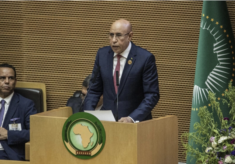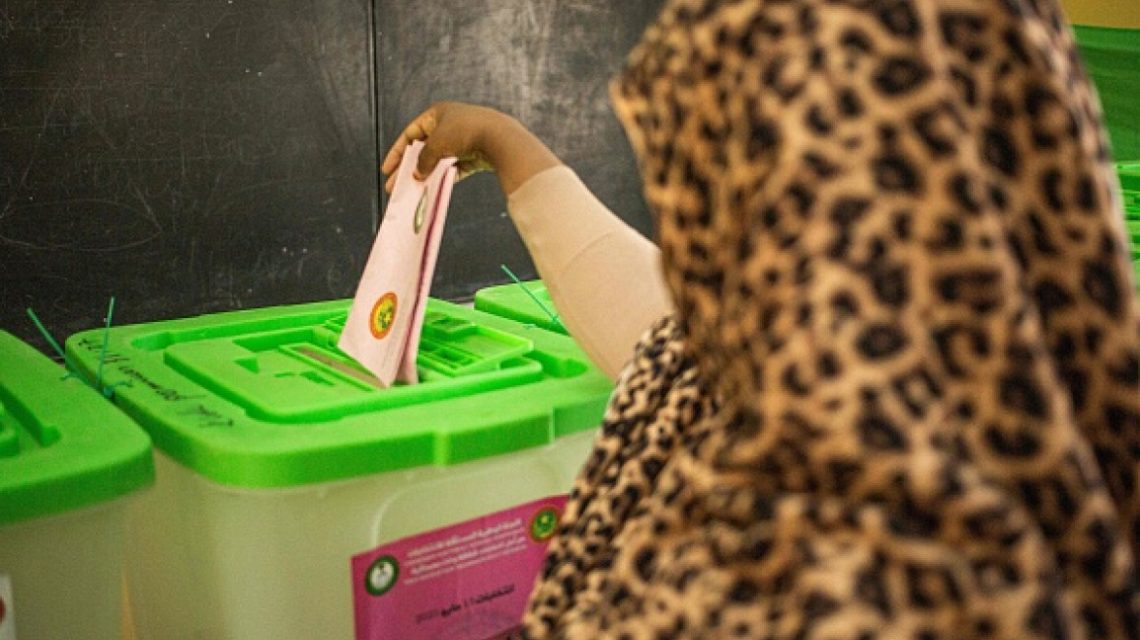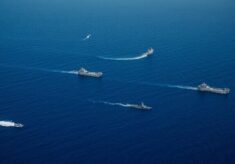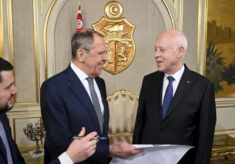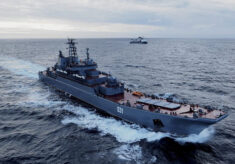In a Sahel region traditionally considered as highly volatile and particularly affected by the proliferation of terrorist organisations and armed groups, Mauritania has often been considered a bulwark of stability. Swift actions taken following the jailbreak in March 2023, that saw four jihadist prisoners escaping from the central prison in Nouakchott, stressed once again the mitigated terrorist risk of a country that, alongside being part of the NATO’s Mediterranean Dialogue, also hosts the headquarters of the G5 Sahel.
One prisoner was quickly recaptured, while the three others were killed in the following manhunt. Among the jihadists neutralised, all members of al-Qaeda in the Islamic Maghreb (AQMI), Saleck Ould Cheikh Mohamedou was considered responsible for the assassination of four French tourists in 2007 and sentenced to death for attempted car bombings against the former President Mohamed Ould Abdel Aziz and the French embassy in the capital.
With the latest attack on its soil recorded in 2011, Mauritania represents a beacon of hope for a region afflicted by civil war, military coups and the presence of foreign mercenaries. Once part of the arc of instability of the Sahel, the country has recently hold general elections to renew the parliament, as well as regional and local councils.
After two rounds held on the 13th and 27th of May, the ruling el-Insaf party managed to secure 103 seats in the Assemblée Nationale, well ahead of the Islamist Tewassoul movement, which came second, gaining only 14 seats. El-Insaf also won all the 13 regional councils and most local constituencies, boosting the chance of re-election of President Mohamed Ould Cheikh el-Ghazouani. Indeed, presidential elections are also expected next year, in a crucial electoral cycle that could consolidate the democratic process of the country.
While everything seems quiet and proceeding smoothly, major challenges loom ahead, both at home and abroad. On the domestic front, complaints of massive electoral frauds by the opposition suggest an unlevelled playing field that favours Ghazouani, now engaged in a consolidation effort that has found its most famous victim in his predecessor.
Starting in January this year, the trial for corruption of Abdel Aziz and other 11 co-defendants (all part of his administration from the putsch in 2008 to the 2019 presidential elections) highlights a hidden power struggle between two former allies that have quickly fallen apart, following Ghazouani’s rise to the top position. The politicisation of the trial, described by Abdel Aziz’ lawyers as a witch hunt, will represent a major stress test for Mauritania’s institutions, already under pressure from ethnic-based tensions between different social groups.
On the other hand, the visit in February to Nouakchott of the Russian Foreign Minister Sergei Lavrov is just a reminder of how strategic West Africa is for Moscow. Mauritania had already signed a military cooperation agreement with Russia in 2021 that has raised alarm bells in Western capitals, considering Moscow’s growing clout in the region. Given Wagner’s presence in Mali to support the military junta in its fight against terrorist groups and, not incidentally, diminish France’s remaining influence in the Sahel, Mauritania is expected to become another battleground in the strategic competition between great powers vying for influence on the Western front.
